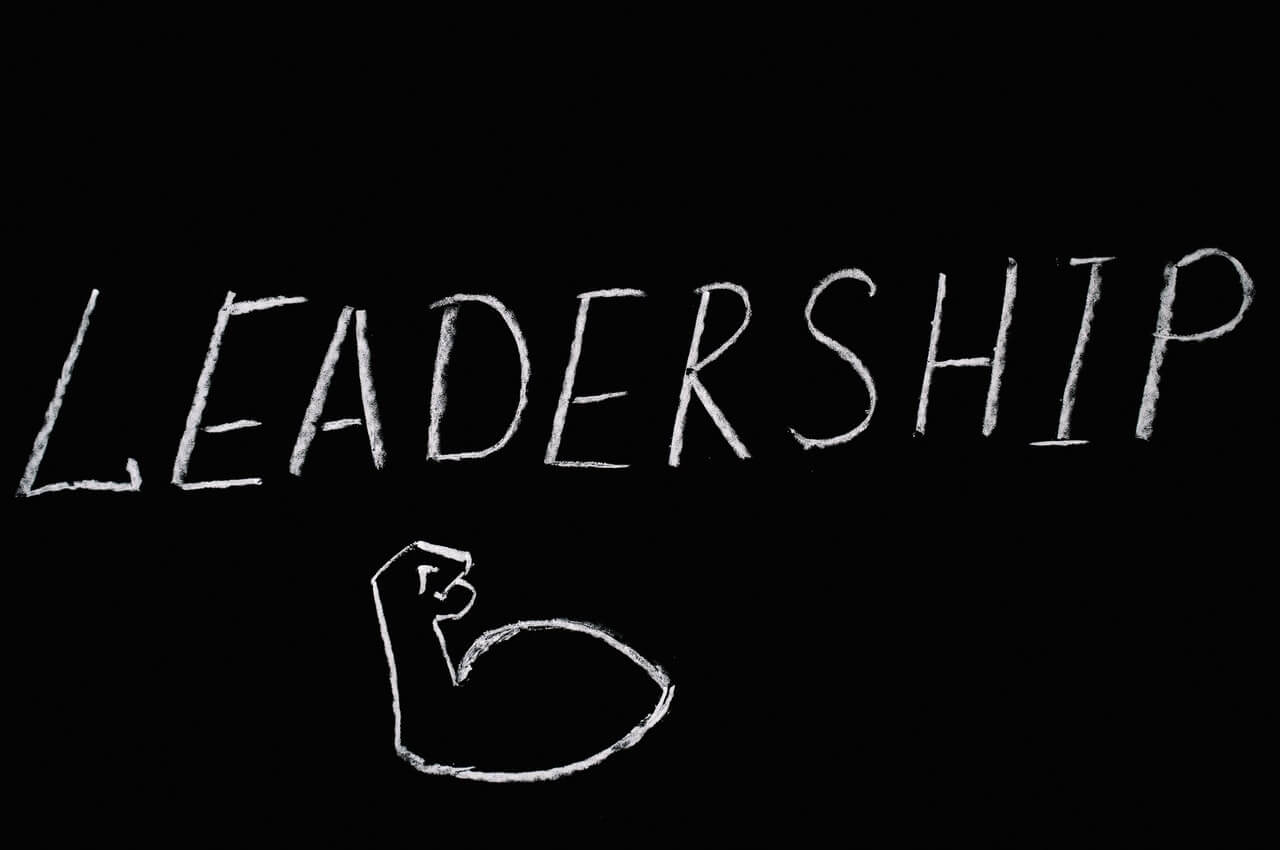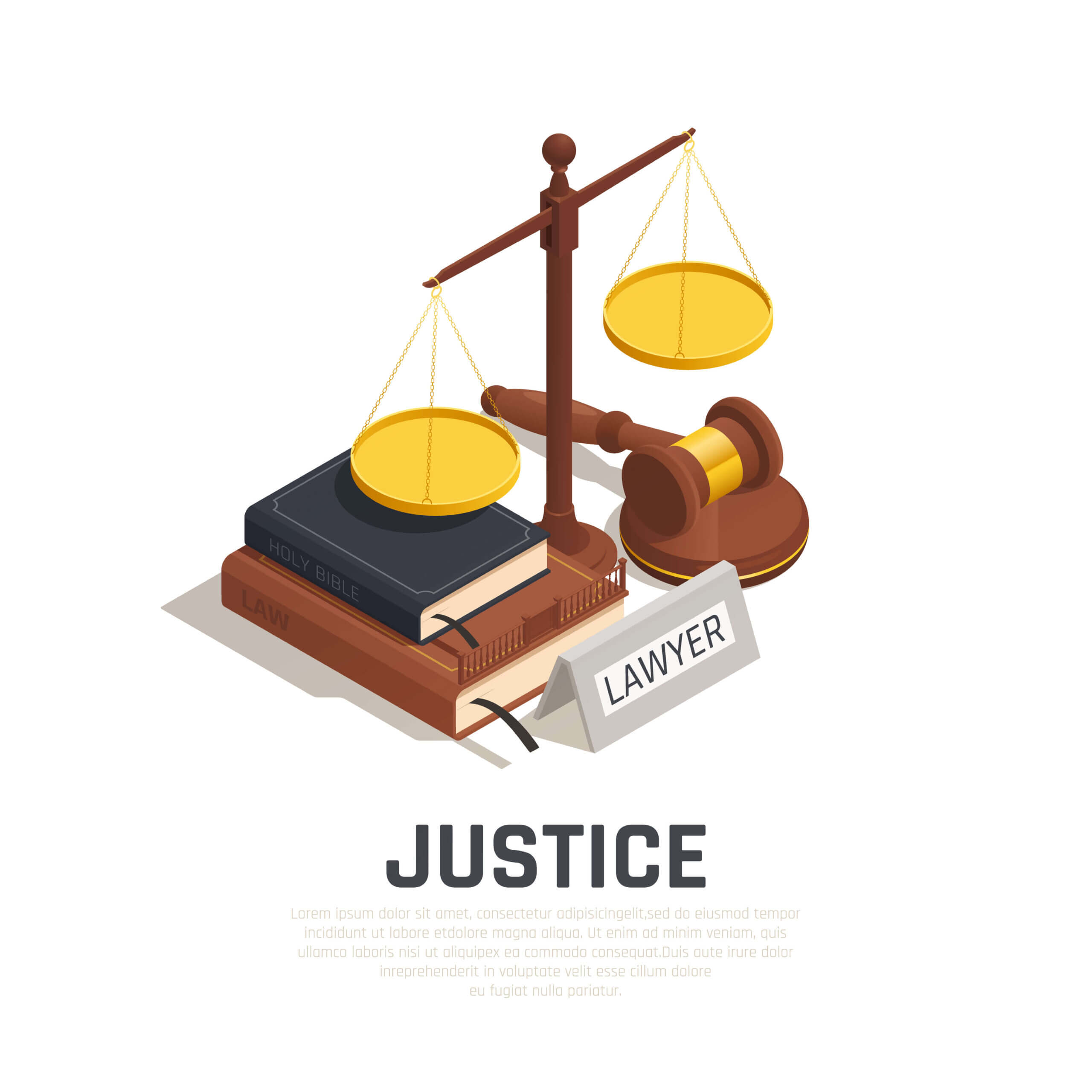Create a rock-solid foundation for crisis communications Crisis communications plans cannot be cookie-cutter, but there are certain principles that apply to just about every situation. Get the core bits down pat, and you’ll leave yourself significantly more room to think about incident-specific actions or outside-the-box solutions to the issue at hand. In a simple yet …
Professional Development
Most Popular
When it comes to crisis management, choose your words wisely One of the most common requests from clients of ours are for ways to “say no comment without saying no comment.” Yes, communication and transparency are crucial in today’s business environment, but sometimes it’s just not in your best interest to discuss a particular topic. …
Crossing the River: My Favorite Team-Building Activity Every trainer and facilitator has his/her favorite team-building activity. Some facilitators like the more active interventions such as rope courses; others prefer the more “touchy-feely” ones like trust walks; still others like using blindfolded instruction, or simulations like Gold of the Desert Kings. Of course, the most appropriate …
Two very useful skills in communicating with others, including when coaching and facilitating, are paraphrasing and summarizing the thoughts of others. How to Paraphrase When Communicating and Coaching With Others Paraphrasing is repeating in your words what you interpreted someone else to be saying. Paraphrasing is powerful means to further the understanding of the other …
Peter Block, in his book, Flawless Consulting, suggests that certain goals and assumptions always be primary for consultants, that is, for individuals working to help people, but not having authority over those people. He suggests the following goals and assumptions. Primary Working Goals of Consultants 1. Establish a collaborative relationship with your clients As a …
Self-directed learners can use these guidelines for their personal and professional growth with their own training plans. Whether their training goals involve learning certain topics and/or skills, learners can start their learning by starting their planning. NOTE: Do not be intimidated by the length of this framework. If you looked at a list of all …
Much of the contentof this topic came from this book: Copyright Carter McNamara, MBA, PhD Focus and Scope of This Topic The purpose of this topic is to acquaint the reader with the field of Organization Development, a field with a rich history of research, publications, and highly qualified practitioners dedicated to improving the performance …
Basic Guide to Reframing: Seeing Things Differently Reframing is seeing the current situation from a different perspective, which can be tremendously helpful in problem-solving, decision-making, and learning. Reframing is helping you or another person to more constructively move on from a situation in which you or the other person feels stuck or confused. The aim …
© Copyright Sandra Larson, Minneapolis, MN. Sandra Larson, previous executive director of MAP for Nonprofits, was once asked to write her thoughts on what makes an effective leader. Her thoughts are shared here to gel other leaders to articulate their own thoughts on what makes them a good leader. Also consider Related Library Topics Passion …
Peter Block, in his book, Flawless Consulting, suggests that certain goals and assumptions always be primary for consultants, that is, for individuals working to help people, but not having authority over those people. He suggests the following goals and assumptions. Primary Working Goals of Consultants 1. Establish a collaborative relationship with your clients As a …
Small organizations are often like small families, with all of the ensuing dynamics and challenges that we encounter in families of our own. This presents special challenges for consultants when working to help leaders of these organizations to solve problems and learn at the same time. However, this also presents opportunities for the consultants who …
Part 1 of this series is What Do Consultants Do?, which defines a consultant (as Peter Block puts it) as someone who is trying to change another person, process, or organization, but who has no direct control over what they are trying to change. That post also listed numerous roles that a consultant might play. …
Consulting Foundations: What Do Consultants Do? Part 1 Peter Block, in his seminal book, Flawless Consulting, explains that a “consultant” is someone who is trying to change another person, process, or organization, but who has no direct control over what they are trying to change. Usually, that change is intended to improve performance – the …
Welcome to this six-part series on the foundations of consulting. If you have not been following along with us, then we encourage you to read parts 1-4, referenced from the bottom of this article. Part 1 establishes the basis for the series by using Peter Block’s definition of a consultant as someone who is trying …
Welcome to this 3-part article on managing resistance in consulting projects. Part 1 describes resistance and how to recognize it. Part 2 will describe how to deal with resistance from your client. Part 3 will describe how to deal with your own resistance as a consultant. What is Resistance? What Causes it? An important skill …
Peter Block, in his seminal consulting book, Flawless Consulting, writes, “There is a set of skills that is an essential part of consulting over and above technical expertise and interpersonal skills – and these are consulting skills” (Jossey-Bass, 2000, p. 6). Yet, the myth continues that technical and people skills are sufficient for successful consulting. …
History of Organization Development: A Timeline of Who Did What and When Part 3 of 6 (Guest post from John Scherer, Co-Director of Scherer Leadership International, with Billie Alban, President of Alban & Williams, Ltd. This is the third blog post in a six-part series about the history of OD.) Introduction to this Blog Series …
Understanding Critical Thinking: Examples, Guidelines, and Significance Copyright Carter McNamara, Authenticity Consulting, LLC Sections on This Topic Include What is Critical Thinking? Benefits and Examples of Critical Thinking How Good Are Your Critical Thinking Skills? Developing Your Critical Thinking Skills General Resources Also, consider Concentration Creative Thinking Mindfulness Mindsets Reframing Systems Thinking Strategic Thinking Related …
What are peer coaching groups? Information on this page assumes that you have read the information at How to Start Your Private Peer Coaching Group. Standard Questions What is a PCG? What Process Does a PCG Use? Who Joins a PCG? What Does “Coaching” Mean in a PCG? What Do People Get Coached On in …
Enhance Your Focus: Guidelines and Examples for Mastering Concentration Copyright Carter McNamara, Authenticity Consulting, LLC Sections on This Topic Include What is Concentration? Causes of Poor Concentration Test – How Well Do You Concentrate? Strategies to Improve Your Concentration Also, consider Creative Thinking Critical Thinking Mindfulness Mindsets Reframing Systems Thinking Strategic Thinking Related Library Topic …
Many people in the eastern half of the US are cleaning up debris in the aftermath of Hurricane Irene and the Gulf storm impact from Lee. Several thoughts crossed my mind about the symbolic nature of the rain and storms this past week. In various Earth-based faith traditions water symbolizes cleansing, emotions, purifying. Emotions– What …
Unleash Creativity: Guidelines & Examples for Creative Thinking Copyright Carter McNamara, Authenticity Consulting, LLC Sections on This Topic Include What is Creative Thinking? Benefits and Examples of Creative Thinking Developing Your Creative Thinking Skills Also, consider Concentration Creative Thinking Critical Thinking Mindfulness Mindsets Reframing Systems Thinking Strategic Thinking Related Library Topics Learn More in the …
Career transitions bring career challenges as well as career opportunities. Here are some. “I’ve started a new job in a company that’s so different from the one I came from. I feel it might be a mistake.” “I’ve been promoted from supervisor to project manager, and I’m struggling to know what to focus on.” “I’ve …
Living purposefully is what I think of when I think of our next feature, David McNalley. He encourages leaders and individuals in his business and books to discover their brands and live purposefully. TransForm, a company founded by David McNalley, knows only purposeful individual and leaders build inspired organizations and iconic brands. He has many …
Thinking skills are how you use your brain to recognize, interpret, analyze, and come to conclusions about information. It is when you use your brain to make decisions and solve problems. It also is how you use your brain to convey information to others, including to clarify what you want to convey, to whom, and …
Crossing the River: My Favorite Team-Building Activity Every trainer and facilitator has his/her favorite team-building activity. Some facilitators like the more active interventions such as rope courses; others prefer the more “touchy-feely” ones like trust walks; still others like using blindfolded instruction, or simulations like Gold of the Desert Kings. Of course, the most appropriate …
Two very useful skills in communicating with others, including when coaching and facilitating, are paraphrasing and summarizing the thoughts of others. How to Paraphrase When Communicating and Coaching With Others Paraphrasing is repeating in your words what you interpreted someone else to be saying. Paraphrasing is powerful means to further the understanding of the other …
Basic Guide to Reframing: Seeing Things Differently Reframing is seeing the current situation from a different perspective, which can be tremendously helpful in problem-solving, decision-making, and learning. Reframing is helping you or another person to more constructively move on from a situation in which you or the other person feels stuck or confused. The aim …
© Copyright Sandra Larson, Minneapolis, MN. Sandra Larson, previous executive director of MAP for Nonprofits, was once asked to write her thoughts on what makes an effective leader. Her thoughts are shared here to gel other leaders to articulate their own thoughts on what makes them a good leader. Also consider Related Library Topics Passion …
Introduction Purpose of This Information The following information and resources are focused on the most important guidelines and materials for you to develop a basic, practical, and successful PCG. The information is intended for anyone, although it helps if you have at least some basic experience in working with groups. All aspects of this offering …
Delegation is often very difficult for new supervisors and managers. Many managers want to remain comfortable making the same decisions they have always made. They believe they can do a better job themselves. They don’t want to risk losing control of the situation or outcome. Often, they don’t want to risk giving authority to subordinates …
I would like to spend some time examining a number of approaches to leadership (aka leadership models). These approaches, while no doubt grounded in one or more theories of leadership, can be distinguished from theories in that they attempt to place the concepts into more applied frameworks. That is, they attempt to describe leadership theories in a way that is meant to facilitate the application of the ideas.
First, What is Coaching? Simply put, the purpose of coaching is to guide and support oneself or another to: Clarify a current, important priority that the person wants to work on; Identify relevant and realistic actions to address that priority; Take the actions in the person’s work or life; and Learn by reflecting on the …
When it comes to crisis management, choose your words wisely One of the most common requests from clients of ours are for ways to “say no comment without saying no comment.” Yes, communication and transparency are crucial in today’s business environment, but sometimes it’s just not in your best interest to discuss a particular topic. …
Much of the contentof this topic came from this book: Copyright Carter McNamara, MBA, PhD Focus and Scope of This Topic The purpose of this topic is to acquaint the reader with the field of Organization Development, a field with a rich history of research, publications, and highly qualified practitioners dedicated to improving the performance …
Crises can be divided into three categories: 1. Creeping Crises – foreshadowed by a series of events that decision makers don’t view as part of a pattern. 2. Slow-Burn Crises – some advance warning, before the situation has caused any actual damage. 3. Sudden Crises – damage has already occurred and will get worse the …
Peer Coaching Groups: Your FAQs Answered We assume that you have already read the information on the page Start a Virtual Support Group to Help With Stresses of COVID-19. The information on that page would answer all of the typical questions about planning and operating a support group. However, the following questions still tend to …
It helps to stick to the familiar ground when it comes to social media crisis management Our friend and colleague Chris Syme published a blog post last month in which she explained why spreading your social media crisis messaging too thin can be a major problem. This issue seems to pop up most often when …
Program evaluations are “individual systematic studies conducted periodically or on an ad hoc basis to assess how well a program is working1.” What was your reaction to this definition? Has the prospect of undertaking a “research study” ever deterred you from conducting a program evaluation? Good news! Did you know that program evaluation is not …
7 Vital Total Quality Management Principles Guest post from Quin Harris Total Quality Management (TQM) is an approach that organizations use to improve their internal processes and increase customer satisfaction. When it is properly implemented, this style of management can lead to decreased costs related to corrective or preventative maintenance, better overall performance, and an …
© Copyright Carter McNamara, MBA, PhD, Authenticity Consulting, LLC. Corporate Business Ethics Rebuilding Trust: The Corporate Governance Opportunity for 2012 Restoring Trust in Corporate Governance Conflicts of Interest: Requiring a Closer Governance Focus Compliance and Ethics in Risk Management Board’s role in ethics and compliance The Conflict of Interest Blog Divided Loyalties: Conflicts of Interest …
Product management is crucial for business success. It ensures products meet customer needs, stay competitive, and generate revenue. In today’s fast-paced market, using the right tools is essential. Product management software helps streamline and enhance product development, collaboration, and decision-making processes. In this blog post, we’ll explore the top product management software in 2023 and …
There was a time when we stopped looking at machines as making our lives’ easier and started looking at the jobs they were replacing–and, indeed, they began replacing jobs. Some people were much in hate with machines then–except the owners and inventors. My apologies to those of you who develop training apps and sell the …
More in Professional Development
All organizations are vulnerable to crises. Disasters, lawsuits, accusations of impropriety, sudden changes in ownership or management, and other volatile situations will happen. The threat of serious damage to people, property, reputation is real for virtually any organization, and many individuals as well. The cheapest way to turn experience into future profits is to learn …
Jury Pool Education in Litigation Crisis Management Which of the following statements about a jury, civil or criminal, are true? Prospective jury members never lie regarding their advanced bias about a case. Jury members are always truly “peers” of the defendant. Jury members never talk about a case outside of jury deliberations or read and …
A vulnerability audit is a thorough self-inspection designed to identify potential crises before they occur and pave the way for creation of a crisis communications plan which will allow an organization to avoid, or at least minimize, the negative impact of such crises. This is done by: Collecting data from people in key information flow …
Practice makes perfect is cliche for a reason. We all accept that it takes repetition and training to be good at anything, but in spite of this we’ve seen certain concerning behavior repeated throughout our 30+ years of experience: Many organizations still don’t plan or train for crises at all, either rolling the dice that …
When creating crisis communications we see far too many failing to consider their audience in the writing. Whether it comes as a result of being overly insulated in your own company culture or simply being out of touch with the segment of the population that’s been impacted, not considering your target audience and how they …
Think back to the last time your organization ran into an ugly situation that was resolved before it became an actual crisis. When things died down did everyone breathe a big sigh of relief and head back to work, or did you stop to ask yourselves “How could we prevent this next time?”. Chances are …
It’s fascinating how two people can be talking about groups and individuals in almost any form of learning and development, but be talking about very different things. You can sense their confusion and frustration. Here’s a handy tip that we all used in a three-day, peer coaching group workshop in the Kansas Leadership Center, and …












































